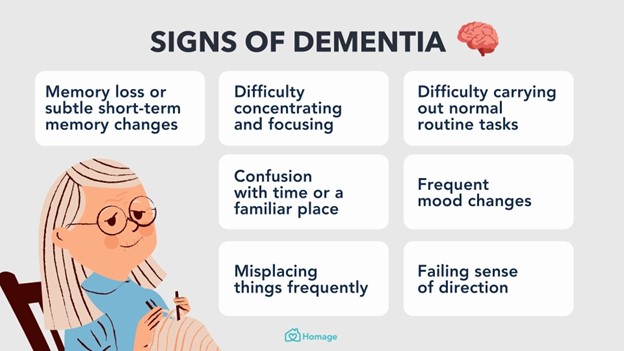A nurse is caring for an adolescent who is experiencing indications of depression. Which of the following findings are risk factors of depression? (Select all that apply.)
Low self-esteem
Irritability
Chronic pain
Insomnia
Euphoria
Correct Answer : A,B,C,D
A. Low self-esteem is a risk factor for depression because negative self-perception and feelings of worthlessness can contribute to the development of depressive symptoms.
B. Irritability is associated with depression, especially in adolescents. It can manifest as a mood symptom and is often seen alongside other depressive features.
C. Chronic pain can be both a symptom and a risk factor for depression. Persistent pain can lead to changes in mood, behavior, and physical function, contributing to the development of depressive symptoms.
D. Insomnia, or difficulty sleeping, is a common symptom of depression and can also be a risk factor. Sleep disturbances are often seen in individuals with depression, and they can contribute to the severity of the condition.
E. Euphoria is not a risk factor for depression. In fact, it is more commonly associated with conditions like bipolar disorder, where individuals experience periods of elevated mood (mania or hypomania) alternating with periods of depression.
Nursing Test Bank
Naxlex Comprehensive Predictor Exams
Related Questions
Correct Answer is B
Explanation
A) Decreased display of emotions:
While changes in emotional expression can occur in individuals with dementia, it's not a primary manifestation that is typically emphasized when educating families. Behavioral and psychological symptoms, including changes in emotion and personality, can be seen in dementia, but forgetfulness progressing to disorientation is a more direct and characteristic symptom of the condition.
B) Forgetfulness gradually progressing to disorientation
Explanation:
When educating the family of a client with dementia, the nurse should inform them to expect forgetfulness that gradually progresses to disorientation. Dementia is a progressive cognitive decline that affects memory, thinking, and reasoning. Forgetfulness is often one of the initial symptoms of dementia, and as the condition advances, individuals can become disoriented to time, place, and even people. This progression occurs due to the degeneration of brain cells and the accumulation of abnormal proteins.
C) Personality traits that are opposite of original traits:
Changes in personality traits can indeed occur as a result of dementia, but this may not be the most prominent or early manifestation that the nurse would want to highlight when educating the family. The gradual progression of forgetfulness leading to disorientation is a more specific and foundational aspect of dementia.
D) Decreased auditory and visual acuity:
Decreased sensory acuity, such as auditory and visual acuity, can happen with age and various health conditions, but they are not primary manifestations of dementia. Dementia primarily affects cognitive functions like memory, thinking, and reasoning.

Correct Answer is A
Explanation
A. Clients who are involuntarily admitted to a mental health unit retain their rights, including the right to informed consent. This means they must be informed about their treatment, including medications, procedures, and potential risks, and they have the right to accept or refuse treatment, unless a court order states otherwise.
B.Involuntary admission does not automatically mean forced treatment. Clients can refuse medications, unless they are deemed a danger to themselves or others, in which case a court order may be obtained to administer medication.
C.Restraint laws apply equally to all clients, regardless of admission status. Restraints must always be used as a last resort and require a provider’s order, regular assessments, and documentation.
D.Involuntary hospitalization has legal time limits, and court review is required for extended hospitalization. The length of stay varies based on state laws and judicial rulings.
Whether you are a student looking to ace your exams or a practicing nurse seeking to enhance your expertise , our nursing education contents will empower you with the confidence and competence to make a difference in the lives of patients and become a respected leader in the healthcare field.
Visit Naxlex, invest in your future and unlock endless possibilities with our unparalleled nursing education contents today
Report Wrong Answer on the Current Question
Do you disagree with the answer? If yes, what is your expected answer? Explain.
Kindly be descriptive with the issue you are facing.
